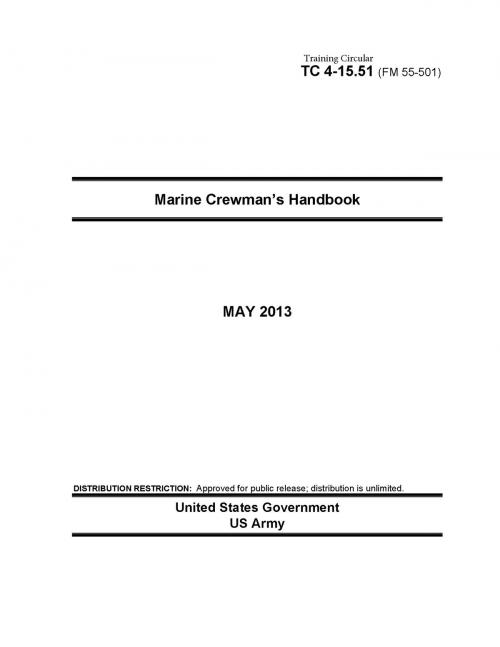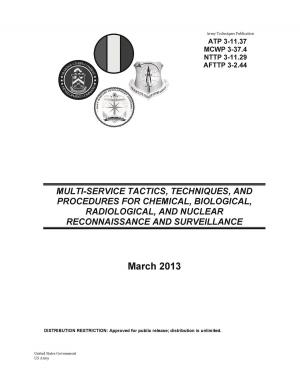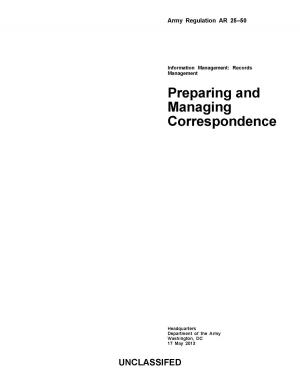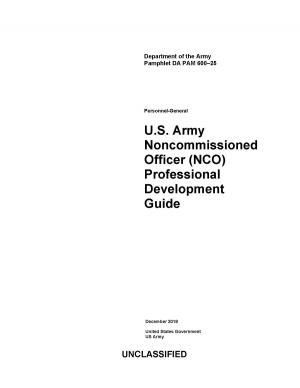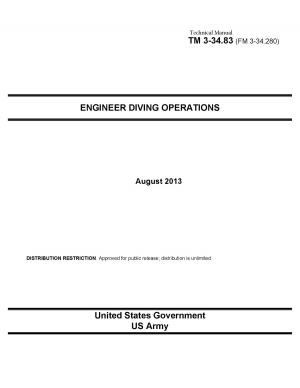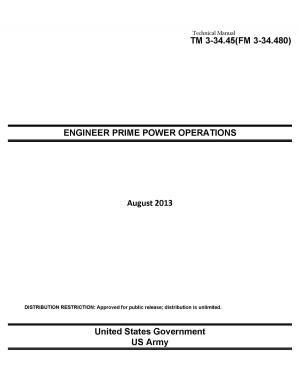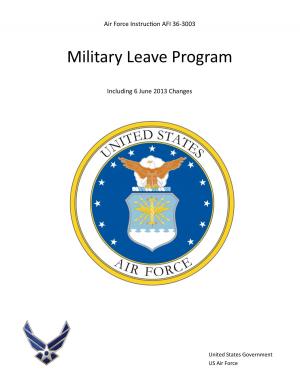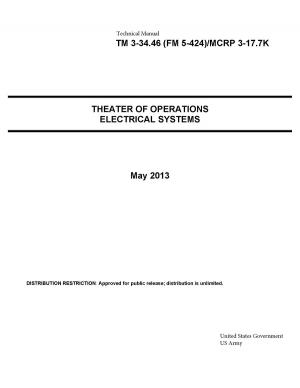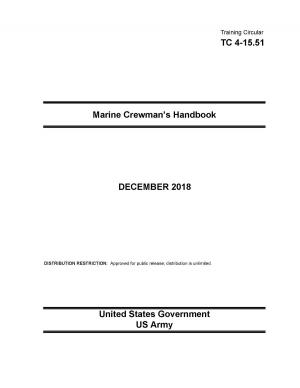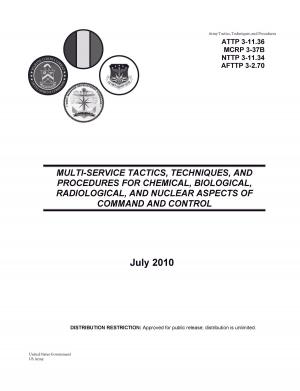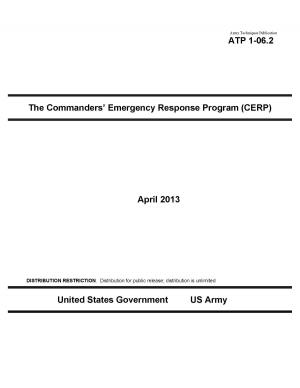Training Circular TC 4-15.51 (FM 55-501) Marine Crewman’s Handbook May 2013
Nonfiction, Science & Nature, Technology, Fisheries & Aquaculture, Sports, Water Sports, Boating, Reference & Language, Reference, Guides & Handbooks| Author: | United States Government US Army | ISBN: | 1230000137836 |
| Publisher: | eBook Publishing Team | Publication: | June 2, 2013 |
| Imprint: | Language: | English |
| Author: | United States Government US Army |
| ISBN: | 1230000137836 |
| Publisher: | eBook Publishing Team |
| Publication: | June 2, 2013 |
| Imprint: | |
| Language: | English |
TC 4-15.51 Marine Crewman’s Handbook is a comprehensive guide to boating safety and procedures. It’s 17 chapters are essential reading for anyone who operates a boat in modern waterways.
The United States (U.S.) Army watercraft fleet is made up of all types of vessels, including oceangoing vessels, tugs, landing craft, and barges. Although all of these vessels operate on water, their missions are different. The watercraft operator must have the skills and knowledge to perform the tasks required on any of these vessels. This training circular (TC) is for the 88K watercraft operator, skill levels 1 through 4. It will provide the subject matter that relates directly to the common technical tasks listed in STP 55-88K14-SM-TG.
The U.S. Army’s environmental strategy into the 21st century defines the Army’s leadership commitment and philosophy for meeting present and future environmental challenges. It provides a framework to ensure that environmental stewardship ethic governs all Army activities. The Army’s environmental vision is to be a national leader in environmental and natural resource stewardship for present and future generations, as an integral part of all Army missions. The Army’s environmental vision statement communicates the Army’s commitment to the environment.
This TC applies to the Active Army, the Army National Guard/Army National Guard of the United States, and the United States Army Reserve.
The proponent of this publication is Headquarters, United States Army Training and Doctrine Command (USATRADOC).
Chapter 1 Introduction to Army Watercraft
Chapter 2 Shipboard Life
Chapter 3 Vessel Terms and Definitions
Chapter 4 Boat Handling
Chapter 5 Charts and Publications
Chapter 6 Shipboard Communications
Chapter 7 Marine Emergencies
Chapter 8 Marlinespike Seamanship
Chapter 9 Deck Maintenance
Chapter 10 Beaching and Retracting Operations
Chapter 11 Landing Craft Operations
Chapter 12 Search and Rescue
Chapter 13 Towing
Chapter 14 Sea-Based Crew Gunnery Training
Chapter 15 Rigging (Seamanship)
Chapter 16 Ground Tackle
Chapter 17 Damage Control
TC 4-15.51 Marine Crewman’s Handbook is a comprehensive guide to boating safety and procedures. It’s 17 chapters are essential reading for anyone who operates a boat in modern waterways.
The United States (U.S.) Army watercraft fleet is made up of all types of vessels, including oceangoing vessels, tugs, landing craft, and barges. Although all of these vessels operate on water, their missions are different. The watercraft operator must have the skills and knowledge to perform the tasks required on any of these vessels. This training circular (TC) is for the 88K watercraft operator, skill levels 1 through 4. It will provide the subject matter that relates directly to the common technical tasks listed in STP 55-88K14-SM-TG.
The U.S. Army’s environmental strategy into the 21st century defines the Army’s leadership commitment and philosophy for meeting present and future environmental challenges. It provides a framework to ensure that environmental stewardship ethic governs all Army activities. The Army’s environmental vision is to be a national leader in environmental and natural resource stewardship for present and future generations, as an integral part of all Army missions. The Army’s environmental vision statement communicates the Army’s commitment to the environment.
This TC applies to the Active Army, the Army National Guard/Army National Guard of the United States, and the United States Army Reserve.
The proponent of this publication is Headquarters, United States Army Training and Doctrine Command (USATRADOC).
Chapter 1 Introduction to Army Watercraft
Chapter 2 Shipboard Life
Chapter 3 Vessel Terms and Definitions
Chapter 4 Boat Handling
Chapter 5 Charts and Publications
Chapter 6 Shipboard Communications
Chapter 7 Marine Emergencies
Chapter 8 Marlinespike Seamanship
Chapter 9 Deck Maintenance
Chapter 10 Beaching and Retracting Operations
Chapter 11 Landing Craft Operations
Chapter 12 Search and Rescue
Chapter 13 Towing
Chapter 14 Sea-Based Crew Gunnery Training
Chapter 15 Rigging (Seamanship)
Chapter 16 Ground Tackle
Chapter 17 Damage Control
